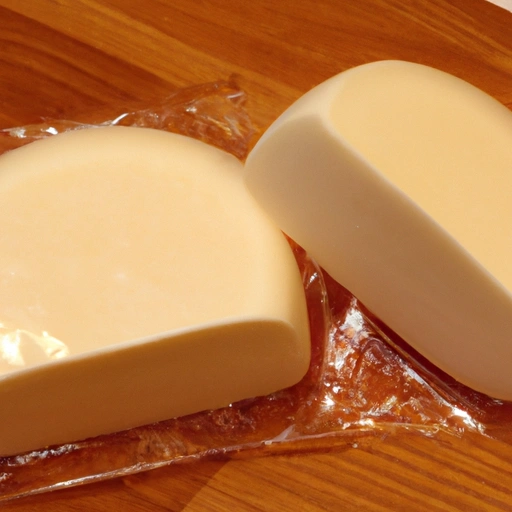Kashar
Description

Kashar is a semi-hard, pale yellow cheese originating from the Balkans and the Middle East, particularly popular in Turkish cuisine. It is made from unpasteurized cow's milk, sheep's milk, or a blend of both, and is known for its smooth, elastic texture and tangy taste. Kashar is often compared to mozzarella for its meltability and is used in a wide array of dishes. This cheese is a versatile ingredient in both savory and sweet recipes, offering a delightful flavor profile that elevates any dish it accompanies.
Common uses
Kashar cheese is primarily used as a table cheese, enjoyed on its own, with bread, or in salads. It is also a popular choice for melting over dishes such as pizzas, sandwiches, and traditional Turkish pastries like börek. The cheese's excellent melting characteristics make it a preferred ingredient in gratins, casseroles, and stuffed vegetables.
Nutritional value
Calories
Approximately 100 grams of kashar cheese contains about 350 calories (1463 kilojoules).
Protein
Kashar provides about 22 grams of protein per 100 grams, making it a good source of high-quality protein.
Fat
The cheese contains around 26 grams of fat per 100 grams, with a balance of saturated and unsaturated fats.
Carbohydrates
Kashar has a minimal carbohydrate content, with less than 1 gram per 100 grams.
Vitamins
It is a source of B-complex vitamins, particularly B12 and riboflavin (B2).
Minerals
Kashar offers a range of minerals, including calcium, phosphorus, and zinc.
Health benefits
Incorporating kashar into a balanced diet can contribute to bone health due to its calcium content. The protein in kashar is beneficial for muscle maintenance and repair, while the presence of B vitamins supports energy metabolism and neurological function.
Potential risks
Due to its high fat and sodium content, excessive consumption of kashar cheese may increase the risk of cardiovascular diseases and high blood pressure. Individuals with lactose intolerance should also consume it with caution.
Common recipes
Kashar is commonly used in Turkish pide, a pizza-like dish, as well as in the filling of börek, a savory pastry. It also appears in various casserole dishes, grilled cheese sandwiches, and as a topping for burgers.
Cooking methods
This cheese is well-suited for baking, grilling, and frying due to its excellent melting properties. It can also be eaten fresh, sliced, or shredded.
Pairing with other ingredients
Kashar pairs well with fruits like figs and pears, nuts such as walnuts and almonds, and a variety of wines, including crisp whites and medium-bodied reds.
Summary
Kashar cheese is a delicious and adaptable cheese with a rich historical background and a valued place in Mediterranean cuisine. It offers a unique flavor and texture that enhances a wide range of dishes. While kashar has nutritional benefits, it should be consumed in moderation due to its fat and sodium content. With its melting qualities and savory taste, kashar cheese is an excellent addition to any chef's pantry, versatile enough for both traditional recipes and innovative culinary creations.